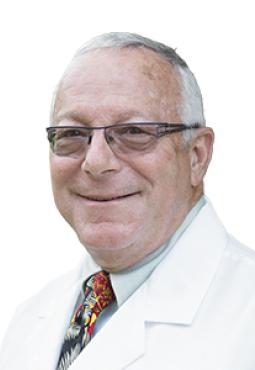For years, the health risks of smoking have been well documented. Lung cancer is the leading
cause of cancer death in the United States, and cigarette smoking is linked to about
80% of lung cancer deaths.
If you’re a cancer patient, having an ongoing smoking habit can jeopardize your treatment and prognosis. For smokers, letting go of this potentially deadly habit can improve your health and change your life for the better. If you want to quit smoking, City of Hope offers a variety of methods to help you achieve your goal.
When trying to eliminate a smoking habit, there isn’t one quick fix. Successfully stopping smoking usually requires a combination of techniques and tools, which is why City of Hope created its C3I Tobacco Cessation Program, which combines cessation medications to overcome withdrawal symptoms and cravings, behavioral strategies to break habits that trigger smoking, strategic problem solving plans and social support to boost your chance of success.
The C3I Tobacco Cessation Program team is committed to building a community of health care providers, researchers, patients, families and diverse communities to support tobacco cessation as a standard part of cancer care for all patients and as a priority for health promotion and wellness. It is the fourth pillar of best cancer care, besides surgery, radiotherapy and chemotherapy.
City of Hope’s program is part of the Cancer Center Cessation Initiative, which the National Cancer Institute (NCI) launched as part of the NCI Cancer Moonshot program in 2017. The long-term goal of this initiative is to help cancer centers build and implement sustainable tobacco cessation treatment programs to routinely address tobacco cessation with cancer patients.
“Cure rates and survival rates are 30% greater for cancer patients who have become nonsmokers,” said Cary Presant, M.D., a professor in City of Hope’s Department of Medical Oncology & Therapeutics Research.

“We offer smoking cessation counseling to all City of Hope patients, and our Tobacco Cessation Virtual Support Group is open to the public. We have groups for both English and Spanish speakers, and participants are six times more likely to be tobacco-free one year later than those who quit on their own.”
In addition to our robust smoking cessation program, City of Hope also offers lung cancer screening for high-risk individuals at its main campus in Duarte, California, as well as its Antelope Valley, Newport Beach and Corona locations. Screenings are fast, usually just a few minutes, using low-dose computed tomography scans (LDCT).
One of the challenges with this disease is that symptoms do not appear until it is already at an advanced stage. Research shows that for high-risk people, LDCT scans will discover lung cancer at an early stage 64-85% of the time, reducing mortality by 20%. Screenings are cost-effective, highly reliable, convenient and comfortable for the patient.
Lung cancer screening is recommended for individuals who are between 50 and 80 years old (55 to 77 for Medicare and Medicaid) and:
• Have smoked a pack a day for 20 years or two packs a day for 10 years
• Are active smokers or have quit within the last 15 years
If you or someone you know meets these criteria and wishes to undergo lung cancer screening at City of Hope, call 626-218-9410 for more information.
